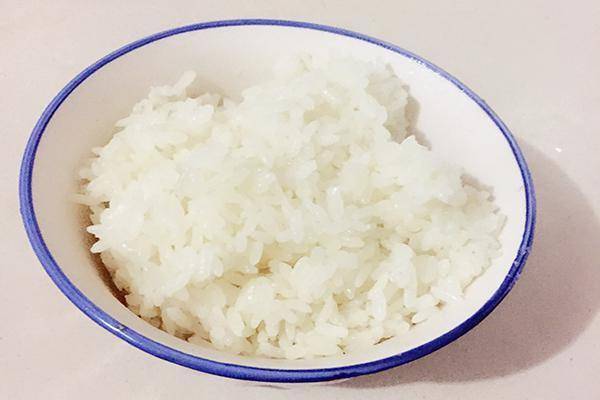People nowadays are paying more attention to health, and more and more people are joining the health preservation army. Most people improve their health by eating various foods to enhance bodily functions. However, some individuals are unique as they not only refrain from taking supplements but also eliminate staple foods from their diets.
Many may find it surprising that some people do not eat rice. Questions arise about whether their bodies can remain healthy, if they consume a sufficient amount of food, and if their health is at risk. Despite the skepticism, those who avoid staple foods are indifferent to criticism and persist in their dietary choices because they have experienced benefits. Let’s explore the changes that occur in the body when staple foods are eliminated for an extended period.
What changes occur in the body when staple foods are not consumed long-term?
For the body to function normally, it requires energy support derived from our daily diet. While staple foods like rice and noodles are primary energy sources, the absence of these foods does not equate to a lack of energy sources for the body. Apart from staple foods, other food items contain essential nutrients.
Even without staple foods, individuals consume vegetables and other food items rich in nutrients. These foods provide energy and help reduce the body’s fat content due to the reduced intake of staple foods. Most staple foods are rich in carbohydrates, which, when consumed, are eventually converted into fat in the body, leading to weight gain.
By maintaining a diet without staple foods, individuals can reduce their fat intake, effectively controlling their weight. With fewer staple foods in their diet, individuals can allocate their daily calorie intake to other food items, such as meat. As a result, individuals have the freedom to enjoy meat cravings in moderation after reducing staple foods consumption.
After eliminating staple foods, individuals may experience a sense of physical lightness and mental relaxation. Excessive consumption of staple foods often leads to increased sugar levels in the body, causing fatigue and drowsiness. However, by avoiding staple foods, sugar levels decrease, reducing the impact on the brain and promoting relaxation.
It is important to note that not everyone is advised to eliminate staple foods entirely. Individuals should assess their own circumstances and adjust their diets accordingly. Instead of completely removing staple foods, individuals can reduce their intake and consume more vegetables to maintain stable bodily functions. It is also beneficial to incorporate whole grains with staple foods instead of exclusively consuming refined products.
Whole grains contain relatively lower levels of carbohydrates and are rich in crude fiber, promoting better metabolic function and facilitating waste elimination from the body, thereby reducing bodily strain and enhancing overall efficiency. In conclusion, eliminating staple foods does offer certain benefits, but individuals should practice moderation. If one’s body reacts adversely, reverting to a normal diet is advised. Some individuals may excessively focus on weight loss by skipping meals, leading to deteriorating health. When advocating the exclusion of staple foods, it is essential to maintain a balanced diet to ensure adequate nutrition for all parts of the body and approach the decision sensibly.


